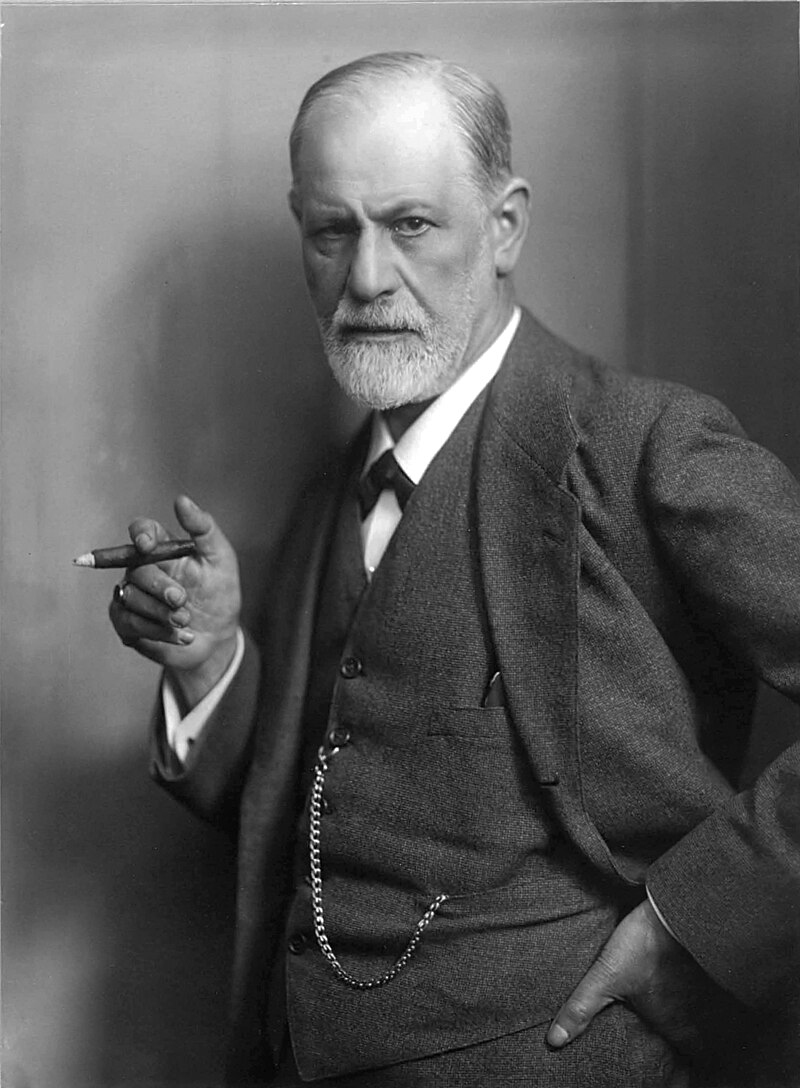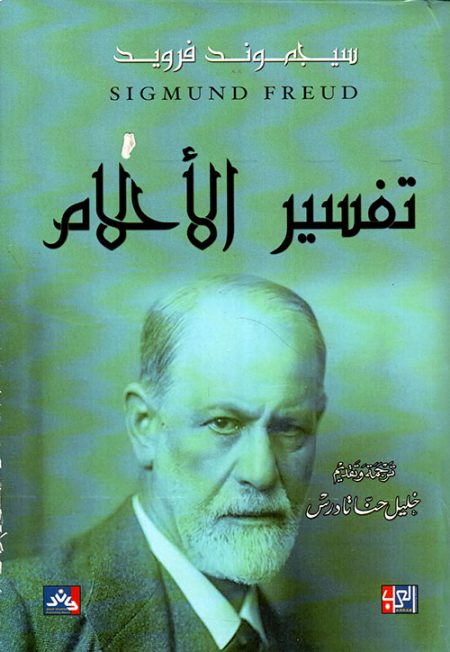962-7983-18423+
24/7 دعم

Sigmund Freud (May 6, 1856 – September 3, 1939) was an Austrian-Jewish physician, neurologist, and freethinker who is considered the founder of psychoanalysis. He is an Austrian neurologist who founded the school of psychoanalysis and modern psychology. Freud is best known for his theories of the mind and the unconscious, the defense mechanism of repression, and the creation of the clinical practice of psychoanalysis for the treatment of mental illnesses through dialogue between the patient and the psychoanalyst. He is also known for his technique of redefining the libido and the primary motivational energy of human life, as well as therapeutic techniques, including the use of the method of forming associations and psychotherapy circles, his theory of transference in the therapeutic relationship, and the interpretation of dreams as sources of insight into unconscious desires.
